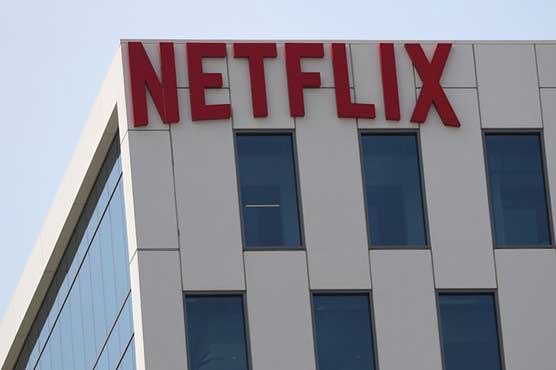Netflix adds to growing debt pile with $2 billion bond issue

Netflix has said it plans to spend $8 billion on content this year.
(Reuters) - Netflix announced on Monday it will tap debt markets for a second time this year, aiming to raise another $2 billion as the streaming video pioneer invests heavily in production of original shows and content acquisition to fend off intensifying competition.
The move, which the company said was aimed at funding a broad spread of activities including paying for new content, spurred falls in both the prices of its bonds and its shares as investors worried about the growing costs of its huge planned investments in years to come.
Netflix Chief Executive Reed Hastings has been explicit about the Los Gatos, California-based company’s plan to fund content acquisition by raising debt. “We’ll continue to finance our capital needs in the high-yield market,” Hastings wrote in his second-quarter shareholder letter.
The move was very well telegraphed by Netflix, said John McClain, portfolio manager at Diamond Hill Capital, which is long in the debt, adding the debt raise “makes sense to us.”
Netflix has said it plans to spend $8 billion on content this year. The company had already spent $6.9 billion on TV shows and movies by the end of its third quarter, suggesting that if they continue apace, their 2018 spending is likely to be closer to $9 billion.
Netflix in April sold $1.6 billion in debt, after raising $1.9 billion in November 2017, bringing their total debt to $8.4 billion, the majority of which has been raised in the past three years. Its long-term debt as a percentage of total capital has roughly doubled to 65 per cent since the end of 2014.
Bumper quarterly results last week, driven by gains in international subscribers, again eased concerns that the leader in global streaming is running out of space to expand in developed markets where it can target a mass audience at profitable prices.
But while Netflix still has huge potential in emerging markets like India, some brokerages have begun to draw attention to the overall high cost it is paying as an enterprise to gain more users.
“This is further proof of Netflix’s need for capital to fund short-term operations and content capex,” Richard Miller, founder and managing partner at Gullane Capital, which is short the equity.
“It shows they are further than ever from being free cash flow positive,” he said.

